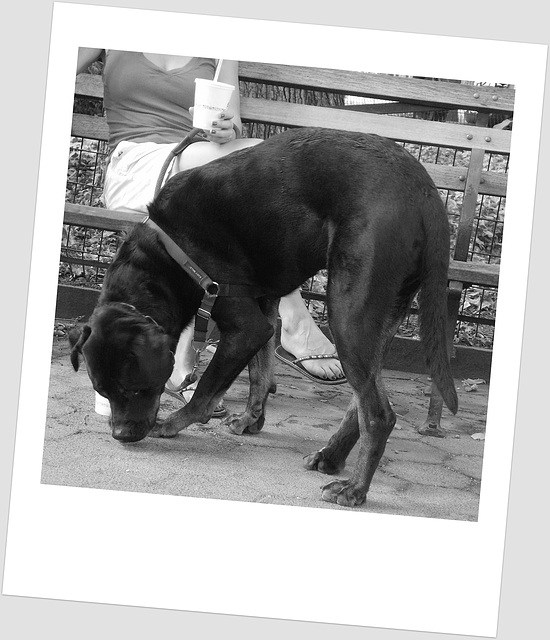Sunrise
Survival
Cloudy
Artist
Musician
Petunia
Lilly
There comes a moment
Manchester
Shaving
Abandoned
What goes with it A or B
Samskrata ~ Sanskrit ~ संस्कृतम्
Money/Geld/dinheiro/ 貨幣/ பணம்/ деньги/ অর্থ/ เงินต…
Window Tree
substituer à peindre
substituer à peindre
February 8th 2013
Tree in its essential form
Toadstools
Red Breasted Grosbeak
Weather report
Mind ~ Latin: mens, Sanskrit: manas, Greek: μένος
Carbon
Cost benefit Analysis
I found a weed
Nefyn
Science of laughter
Tweety
Neuroscience and consciousness
Queue
Downtown
Water - conspicious consumption
Sunset
Counterfactual thinking
Walking in Sunshine
Dark Hours
Misgivings
Peace of Wild Things
Childhood
Keywords
Authorizations, license
-
Visible by: Everyone -
All rights reserved
-
44 visits
- Keyboard shortcuts:
Jump to top
RSS feed- Latest comments - Subscribe to the comment feeds of this photo
- ipernity © 2007-2024
- Help & Contact
|
Club news
|
About ipernity
|
History |
ipernity Club & Prices |
Guide of good conduct
Donate | Group guidelines | Privacy policy | Terms of use | Statutes | In memoria -
Facebook
Twitter



•The breed is extremely gentle
•The breed is very independent-minded and relates to its owner as a friend and equal
•The breed is extremely loyal to its home and family and it doesn’t warm up quickly to strangers
•The breed is very obedient and is easily trained to take orders
•The breed is very clean and, like a cat, takes great care with its personal hygiene.
We found that people want dogs that fit their own moral matrices. Liberals want dogs that are gentle (i.e., that fit with the values of the Care foundation) www.moralfoundations.org and relate to their owners as equals (Fairness as equality). Conservatives, on the other hand, want dogs that are loyal (loyalty) and obedient (Authority). (The Sanctity item showed no partisan tilt; both sides prefer clean dogs.)
We find this patterns in brain waves too. We teamed up with Jamie Morris, a social neuroscientist at UVA, to present liberal and conservative students with sixty sentences that came in two versions. One version endorsed an idea consistent with a particular foundation, and the other version rejected the idea. For example, half of our subjects read ‘Total equality in the workplace is necessary.” The other half read “Total equality in the workplace is unrealistic.” Subjects wore a special cap to measure their brain waves as the words in each sentence were flashed on a screen, one word at a time. we later looked at the encephalogram (EEG) to determine whose brains showed evidence of surprise or shock at the moment that the key word was presented (e.g., necessary versus unrealistic)
Liberals brains showed more surprise, compared to conservative brains, in response to sentences that rejected Care and Fairness concerns. They also showed more surprise in response to sentences that endorsed Loyalty, Authority, and Sanctity concerns (for example, “In the teenage years parental advise should be heeded” versus “….should be questioned”). In other words, when people choose the labels “liberal” or “conservative,” they are not just choosing to endorse different values on questionnaires. Within the first half second after hearing a statement, partisan brains are already reacting differently. These initial flashes of neural activity are the elephant, www.happinesshypothesis.com/chapters.html leaning slightly, which then causes their riders to reason differently, search for different kind of evidence, and each different conclusions. Institutions come first, strategic reason second. ~ Pages 161 -163
Sign-in to write a comment.